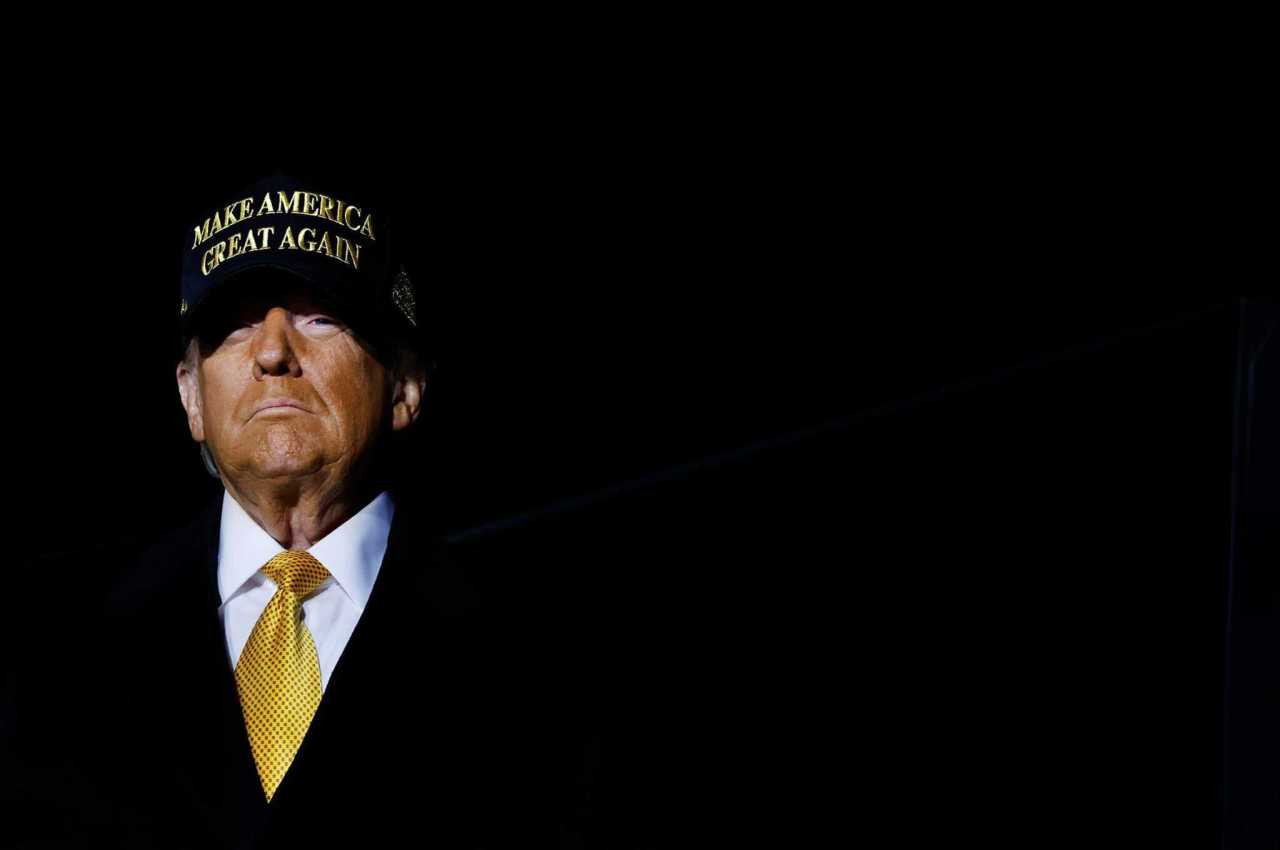Signatures galore. Felt-tip pens thrown into an ecstatic crowd. On his first day in office, US president Donald Trump put on a show, watched by tech bosses, heads of state, conservative parties and movements, and hand-picked billionaires.
In the midst of this explosion of executive orders - the most worrying of which is the way in which the country built by migrants intends to close access to modern-day migrants - and memorandums that set the framework, a certain number, in seven themes, have implications for the relationship between the United States and the world in general and Europe in particular.
America First
Unsurprisingly, the US president intends to put the United States back at the centre of everything.
On the menu are an investigation into the causes of trade deficits and recommendations for corrective measures, such as additional tariffs; the creation of a foreign revenue service to collect tariffs and other foreign trade-related revenues; an investigation into currency manipulation and recommendations for measures to counter unfair competitive advantages; a review of existing trade agreements and recommendations for revisions; identification of countries with which to negotiate new bilateral or sectoral trade agreements; a review of anti-dumping and countervailing duty laws; an assessment of the impact of the de minimis exemption on tariff revenues and the risks associated with the importation of counterfeit goods and drugs; an investigation of discriminatory or extraterritorial taxes imposed on US citizens or companies; and measures specifically targeting China.
OECD global tax agreement rejected
A memorandum rejects the OECD's global tax agreement, claiming that it undermines US sovereignty and economic competitiveness. It states that the commitments made by the previous administration have no force in the United States without the passage of legislation by the US congress. It also asks the secretary of the treasury to investigate discriminatory tax practices in foreign countries and to propose protective measures.
Energy: a battle plan
The United States has announced a declaration of national energy emergency, marking a radical change in its energy policy. The executive order, presented as a response to previous policies deemed inadequate, aims to strengthen energy supplies, reduce regulatory barriers and unlock the potential of the country's natural resources. Here is an outline of the measures announced.
Facilitating energy supplies
Production on federal lands: federal agencies are mandated to facilitate the production, transport and refining of energy resources.
Infrastructure projects: the implementation of energy, environmental and natural resources infrastructure projects will be accelerated.
Emergency provisions: the Clean Water Act and other statutes will be mobilised to circumvent certain obstacles, particularly those relating to the protection of endangered species.
The executive order pays particular attention to Alaska, which is rich in energy and natural resources. Measures include: regulations limiting the development of natural resources, such as those concerning the Arctic National Wildlife Refuge and the National Petroleum Reserve, will be reviewed or revoked; Alaska's liquefied natural gas (LNG) will be prioritised for export to other states and allied countries.
The order also aims to promote national energy dominance by reducing regulatory barriers: agencies are to identify and suspend regulations deemed detrimental to energy development; the end of the Green New Deal (disbursements of funds under the Inflation Reduction Act and the Infrastructure Investment Act will be suspended); the project approval process will be expedited, including for LNG exports and mining; and a temporary moratorium is placed on leasing areas of the continental shelf for offshore wind projects.
Another executive order directs federal agencies to take steps to withdraw the US from the Paris Climate Agreement; cancel the US international climate finance plan; prioritise economic efficiency, promoting US prosperity, consumer choice and fiscal discipline in all foreign energy policy commitments.
Withdrawal from the WHO
An executive order orders the withdrawal of the United States from the World Health Organisation. It also calls for a halt to negotiations on the WHO pandemic agreement and changes to international health regulations.
Reassessment of US aid
A different executive order imposes a 90-day pause on new obligations and disbursements of development assistance funds to foreign countries and to non-governmental organisations, international organisations and contractors implementing programmes.
It directs federal agencies to take steps to review foreign assistance programs to determine whether they are effective and consistent with US foreign policy; decide whether to continue, modify, or terminate each foreign assistance program based on the recommendations of the review; and resume pending development assistance funding for programs that are determined to be consistent with US foreign policy.
Accountability and telework
Another set of executive orders and memoranda presents an ambitious project to modernise government practices and eliminate what are perceived as bureaucratic obstacles and ineffective policies: An end to diversity, equity and inclusion (DEI) programmes in the federal government; the attorney general and the director of national intelligence will analyse past activities to identify cases of abuse and, most importantly, the creation for one year of the Department for Government Effectiveness (Doge) promised to Elon Musk; one text reduces the notion of lifetime employment in the civil service and another introduces plans backed by KPIs and targets.
A memorandum orders the heads of all executive departments and agencies to end teleworking arrangements as soon as possible. Employees will have to return to work in person at their respective full-time posts, unless exemptions are deemed necessary by department and agency heads.
Read the original French-language version of this news report /
